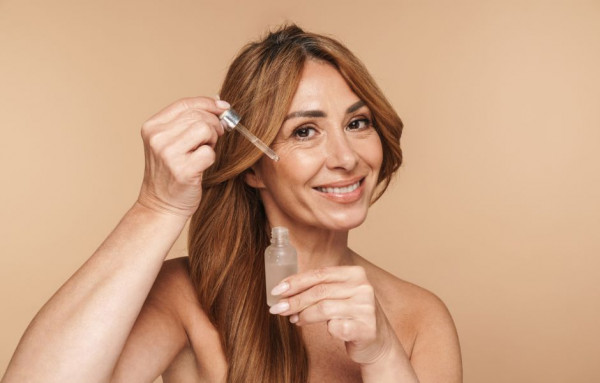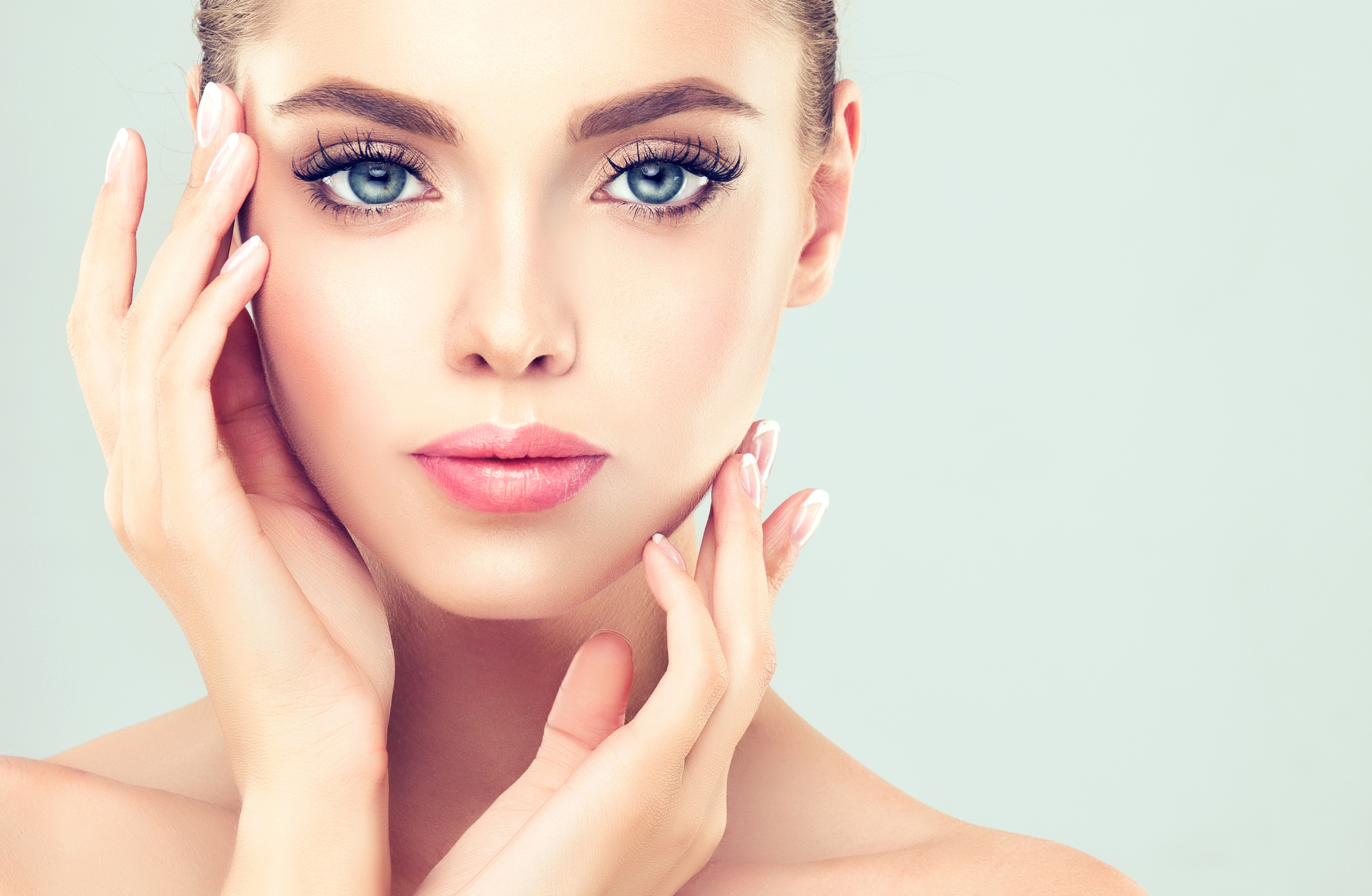Retinoids, or vitamin A derivatives, are one of the best-known anti-ageing ingredients whose positive effects have actually been scientifically proven. Since their discovery, the entire class of these ingredients has been considered a miracle weapon in skin care and treats everything from acne and hyperpigmentation to spider veins and wrinkles.
But they can also cause side effects like skin reactions. Here's how vitamin A works and how you can put it to work for you.
The best known of the retinoids is retinol. This active ingredient has been a fixture in anti-aging cosmetics for years. Various studies have shown that retinol really can reduce wrinkles. It also refines pores, supports the structure of the skin and acts as an antioxidant.
The skin surface consists of many small horny cells, the so-called corneocytes. Retinol promotes the formation of this type of cells and supports cell regeneration. This property makes the skin look more even. Beneath the horny layer are the structural proteins collagen and elastin, which support the skin. If this support diminishes over time, wrinkles appear and the skin looks flabbier. Retinol stimulates collagen synthesis and thus stabilises the basic structure of the skin again.
How should I incorporate retinol into my routine?
Retinol has been known to cause side effects such as redness, flaking and burning.
However, when used correctly, these side effects can be avoided or kept to a minimum. It is important to incorporate products with retinol into your skincare routine step by step.
To start, we recommend applying a maximum concentration of 0.3% 2-3 times a week. Observe how your skin reacts. If the skin only flakes or reddens slightly but does not burn, you can continue the treatment.
If there are no (more) reactions, you can gradually increase the weekly application. Only when your skin has become accustomed to the retinol and you tolerate a daily application well can you switch to a higher-percentage product and then gradually increase this again. Since the application of retinol increases the photosensitivity of the skin, we recommend including retinol in the evening routine rather than night care.










